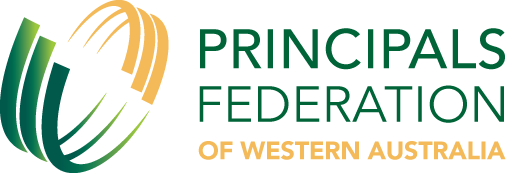Written by Kya Graves – Vice President
The beginning of 2023 school year has rightly brought with it a continued focus on the teaching shortage that Western Australia, indeed all of Australia, is grappling with. What has been surprising is the connection drawn by the State School Teachers Union of WA to the DoE initiative of IPS as a cause of the current attraction and retention problem facing the profession. It seems a very long bow to draw that IPS is to blame for a lack of teachers being drawn into the profession, or indeed staying, due to a perceived teacher workload associated with it. School leaders would rightly point out the perceived workload associated with IPS sits with the principal class, and not classroom teachers.
The higher level of accountability and bureaucracy that IPS brought was the trade-off for increased autonomy of a one-line budget and staffing flexibilities to help school communities better meet the needs of their context and circumstances. It allows school principals in consultation with their communities to set the priorities of the school and resource it through flexible staffing profiles and appropriate Professional Learning as needed to achieve better outcomes for students. Evidence would suggest this is working for school communities as we are told that WA continues to make progress in NAPLAN compared to other states, that 2023 saw some of the best Year 12 WACE attainment results to date. The flexibilities school communities embrace with IPS have seen a wider range of choice and pathway opportunities delivered for students in schools – allowing for a variety of successful outcomes for many students.
The recent Productivity Commission report actually suggests that school Principals need a level of autonomy in order to respond in a timely manner to the changing needs of students and the world of post-secondary education – with IPS, principals have some degree of this autonomy, and we should be exploring how school communities can be given even more to address what the report raises. Innovation and flexibility is the answer, not a return to an archaic centralised model that embraces the one size fits all mentality.
To draw the link between IPS and current staffing issues clouds what is at the heart of the current attraction and retention issue for the teaching profession. The PFWA would like to see the discussion focussed more on how current and future governments can lead and support raising the status of the profession in the eyes of a community who do not necessarily value the role of teaching professionals; encourage through policy a more robust sharing of the responsibility to address societal and community issues by all parts of the community and government agencies so as to not leave schools solely responsible for addressing all societal issues; and lastly there needs to be robust discussion and reform around teacher training programs and the role that they play in ensuring teachers are ready to step into classrooms that are more complex than ever.
The PFWA looks forward to being involved in those conversations moving forward, where the underlying issues that are stopping people considering entering a career in education in the first place, are addressed, and the means to encourage them to stay are explored.
